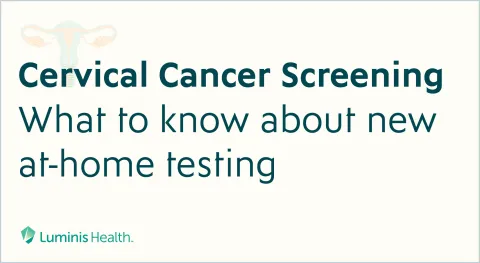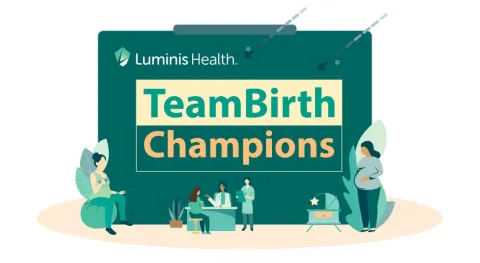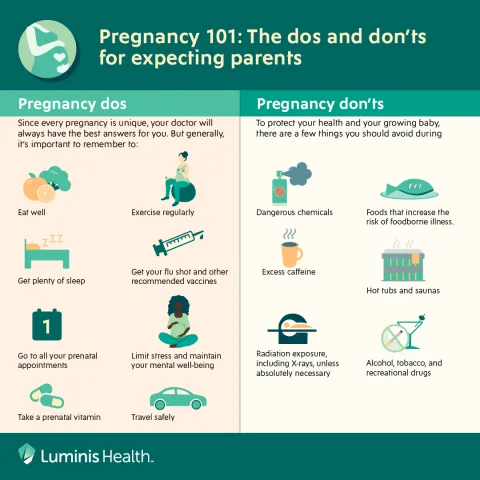How We Manage Pregnancy Complications at Luminis Health
Growing a whole other life is miraculous, but it's not easy. Pregnancy can stress the body and cause health problems. These health issues can sometimes pose risks to babies too.
At Luminis Health, we closely follow your health so we can respond to the earliest signs of complications. This way, we can keep you and your baby safe.



